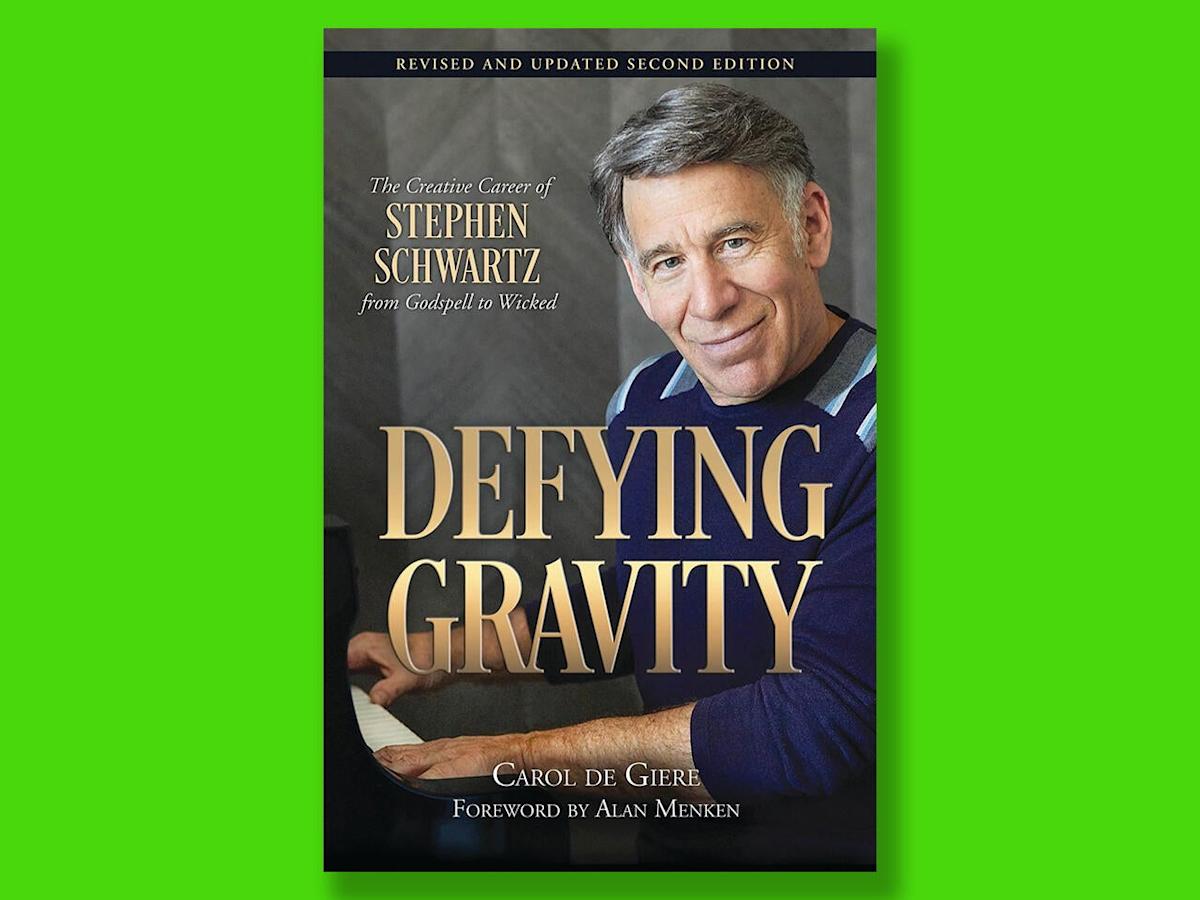Home / Arts and Entertainment / Oz Prequel Sparks Legendary Musical: How "Wicked" Came to Life
Oz Prequel Sparks Legendary Musical: How "Wicked" Came to Life
16 Nov
Summary
- Composer Stephen Schwartz discovers Gregory Maguire's "Wicked" novel in 1996
- Schwartz immediately recognizes the musical potential of the Oz prequel story
- "Wicked" becomes Schwartz's most successful Broadway production to date

In November 2025, the life and work of acclaimed composer Stephen Schwartz is being celebrated with the release of a new biography, "Defying Gravity: The Creative Career of Stephen Schwartz, from Godspell to Wicked." The book delves into Schwartz's journey, including the pivotal moment in 1996 when he discovered the inspiration for his most successful musical production to date - "Wicked."
At the time, Schwartz was primarily focused on his film work, having recently won an Oscar for his contributions to the score of "Pocahontas." However, a chance encounter with singer-songwriter Holly Near on a trip to Hawaii would change the course of his career. Near casually mentioned a book she was reading called "Wicked" by Gregory Maguire, which retold the story of the Wizard of Oz from the perspective of the Wicked Witch of the West. Schwartz's imagination was immediately captivated, and he knew he had to pursue the rights to adapt the novel into a musical.
Recognizing the inherent theatricality and emotional depth of Maguire's reimagining of the classic tale, Schwartz set out to bring "Wicked" to the Broadway stage. Despite his previous pledge to never work on another Broadway production, Schwartz was compelled by the story's potential and the opportunity to explore a familiar narrative from a fresh, unconventional angle - a concept he had long admired in the works of other playwrights.
The result of Schwartz's efforts was the creation of the hit musical "Wicked," which has gone on to become one of the most successful and long-running productions in Broadway history. The story of its genesis, as detailed in "Defying Gravity," serves as a testament to Schwartz's creative vision and his ability to recognize the transformative power of a single idea.



